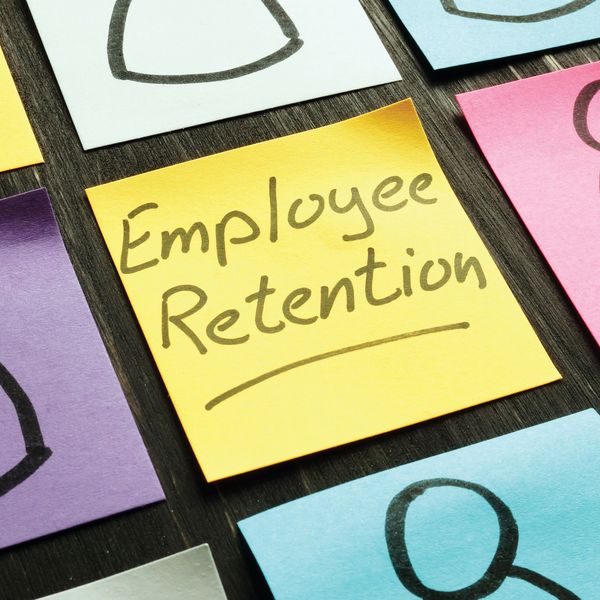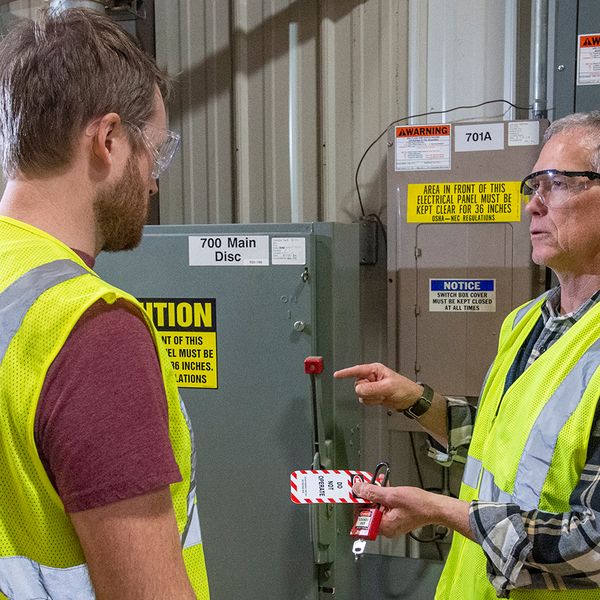“I quit! (Even though I just started last month)”
The relief felt by managers when a position is filled is sometimes short lived. Touching base with new employees in a 30-day review can help.
According to the 2022 Job Seeker Nation Report, 30 percent of workers have left a job within the first 90 days of starting.
Reasons for this revolving door of employment include:
- The day-to-day role not being what was expected,
- A bad incident or experience,
- The company culture not what was expected, and/or
- Unsatisfactory company leadership.
Performance management should start early
One tactic a manager can use to try and head off the exit of a new employee is a 30-day review.
A 30-day review is simply a one-on-one meeting between supervisor and employee to go over the employee’s performance. This allows the supervisor to get a read on whether the job is meeting the new employee’s expectations.
For maximum effect, this exercise should be repeated at 60 and 90 days. Supervisors should be mindful of what a new hire says and document any concerns.
Eight questions to ask employees after their first 30 days:
- When you look back at the hiring process, is this job what you expected? This question helps you understand not only the employee’s expectations but whether there is any gap between what was promised and what was delivered. When an employee starts a new job, they don’t have much information about the position besides what they were told during the hiring process. This question can be a good opportunity to address any concerns they have and clarify misperceptions. It can also help employers make job descriptions and the interview process represent your company more clearly to possible for future hires.
- What challenges have you experienced in your first 30 days? Learning what problems a new employee has encountered can help you guide them around any barriers between them and achieving success in their new position. Help them create a plan for their particular job.
- What do you like about your position? Ask your new employee to describe what they have enjoyed early on about both the job and the company. This helps to focus on the positives versus zeroing in only on problems.
- Do you have the tools you need to do your job? It’s important to know whether your company is providing everything employees need. As you collect feedback from employees, you may use this information to adapt your onboarding process to meet the needs for future new hire.
- Are you feeling welcomed by the team? A welcoming environment helps new employees get up to speed faster. Ask about your new employee’s experience with their immediate team as well as the broader department and company to make sure they are experiencing a pleasant work experience at all levels.
- What are your impressions of the company’s culture? Company culture can significantly influence employee morale and motivation. Ask if your employee enjoys the company culture and how they think it can improve. This question can give you a fresh perspective on how you can encourage and motivate your team.
- What are your goals for the next 60 days? You can encourage your new employee to make goals for the rest of their 90-day onboarding period and schedule reviews at the 60- and 90-day marks to discuss their progress. This can remind you to check in on how they are progressing and give you an opportunity to applaud their successes.
- Is there anything you don’t understand about the company, department, or your job? Ensure the employee that no question is too big or small. Making sure a new employee clearly understands the expectations, tools, and responsibilities of their position is crucial to excellent performance. And knowing more about the company in general can help make them feel a part of something bigger than themselves and strengthen their ties to the organization. This can aid in retention.
Key to remember: Just because a position was filled does not guarantee it will stay filled for long. Conducting 30-day reviews with new employees may help them feel more of a connection to the company and less likely to quit.






















































